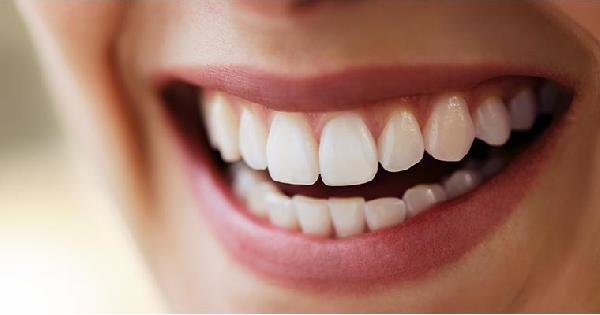Advantages of Wisdom Teeth Removal and Dental Bridges: Are They Worth It? Wisdom teeth removal is a common dental procedure aimed at maintaining optimal oral health. But what are the advantages of undergoing this extraction process? Preventing Dental Complications:Wisdom teeth, also known as third molars, often lack sufficient space to emerge properly. As a result, they can become impacted, leading to pain, infection, and even damage to adjacent teeth. By removing these problematic teeth, individuals can prevent such complications and maintain a healthier mouth. Avoiding Misalignment Issues:In some cases, the presence of wisdom teeth can exert pressure on surrounding teeth, causing them to shift out of alignment. This can disrupt the bite and lead to various issues such as crowding or crookedness. By removing wisdom teeth before they cause such problems, individuals can preserve the alignment of their teeth and avoid the need for orthodontic treatment later on.
Preventing Gum Disease:Impacted wisdom teeth can create pockets where bacteria can accumulate, increasing the risk of gum disease. By removing these teeth, individuals can reduce the likelihood of developing gum inflammation and periodontal problems, thus safeguarding their overall oral health. Restoring Dental Functionality and Aesthetics with Dental BridgesDental bridge offer a solution for individuals missing one or more teeth, but what advantages do they provide beyond mere aesthetics? Restoring Chewing Function:Missing teeth can significantly impair one's ability to chew food properly, leading to digestive issues and nutritional deficiencies. Dental bridges fill in the gaps left by missing teeth, restoring the ability to bite and chew comfortably, thus promoting better digestion and overall health.
Preventing Shifting of Adjacent Teeth:When a tooth is lost, the surrounding teeth may gradually shift or tilt into the empty space, leading to misalignment and bite problems. Dental bridges anchor to adjacent teeth or dental implants, effectively preventing neighboring teeth from drifting out of place and maintaining proper dental alignment. Preserving Facial Structure:Tooth loss can contribute to the deterioration of the jawbone over time, resulting in a sunken facial appearance and premature aging. Dental bridges not only fill in the gaps left by missing teeth but also help stimulate the underlying jawbone, preserving its strength and structure and maintaining a more youthful facial contour. Enhancing Confidence and Self-Esteem:Beyond their functional benefits, dental bridges can also have a profound impact on an individual's confidence and self-esteem. By restoring a complete and natural-looking smile, bridges can boost self-confidence, allowing individuals to smile, speak, and interact with others more freely and without hesitation. Conclusion: Making Informed Decisions for Your Oral HealthIn summary, both wisdom teeth removal and dental bridges offer valuable advantages for individuals seeking to maintain or restore their oral health and functionality. Whether it's preventing potential dental complications with wisdom teeth extraction or restoring dental function and aesthetics with dental bridges, these procedures can significantly improve one's quality of life. However, it's essential to consult with a qualified dental professional to determine the best course of action based on individual needs and circumstances. By making informed decisions and prioritizing oral health, individuals can enjoy the benefits of a healthy, functional smile for years to come. |
